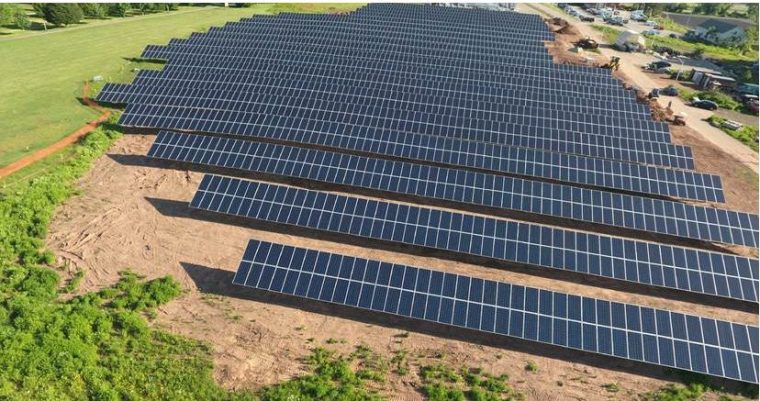Wesleyan Takes Action on Climate Change


In recent weeks, Wesleyan has been taking a public stand to fight climate change. President Michael Roth was one of more than 80 university presidents who, together with mayors, governors and business leaders, are preparing to submit a plan to the United Nations pledging to meet greenhouse gas emissions targets outlined in the Paris climate accord, according to The New York Times. This came after U.S. President Donald Trump withdrew the United States from the international agreement.
Roth told The Chronicle of Higher Education: “I think it’s quite extraordinary that supporting a basic commitment to lessen a source of pollution in the world is seen as a particularly strong civic or political act. At a time when the White House is promoting an anti-scientific assault on public policy and research, it’s really important for universities and especially university leadership to defend the values that are necessary for us to be institutions of learning.”
Roth also said that Wesleyan had already divested from coal and made efforts to make its campus more energy-efficient. In May, Wesleyan drafted a building-sustainability policy that establishes how the campus will choose building materials and use energy and water in ways that reduce its carbon footprint.
The Hartford Courant also covered Wesleyan’s efforts. “I think it’s incumbent upon states and businesses and universities and other organizations to do whatever we can to pollute less [and] develop more sustainable economic models for the future of the planet,” Roth said.
Roth also recently joined 29 other college and university presidents in endorsing carbon pricing as a way to reduce greenhouse gas emissions that cause climate change, according to The Middletown Press. These presidents, who form the Higher Education Carbon Pricing Endorsement Initiative, signed a letter calling on state and federal lawmakers to enact a carbon price at the state and federal levels.
Jen Kleindienst, director of Wesleyan’s Office of Sustainability, told the Press, “It stems from inaction during the current (presidential) administration, but even during the previous administration. A lot of sustainability professionals are concerned that we, as a country and as a community, are not moving quickly enough and that could mean really dire consequences for the planet.”

